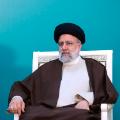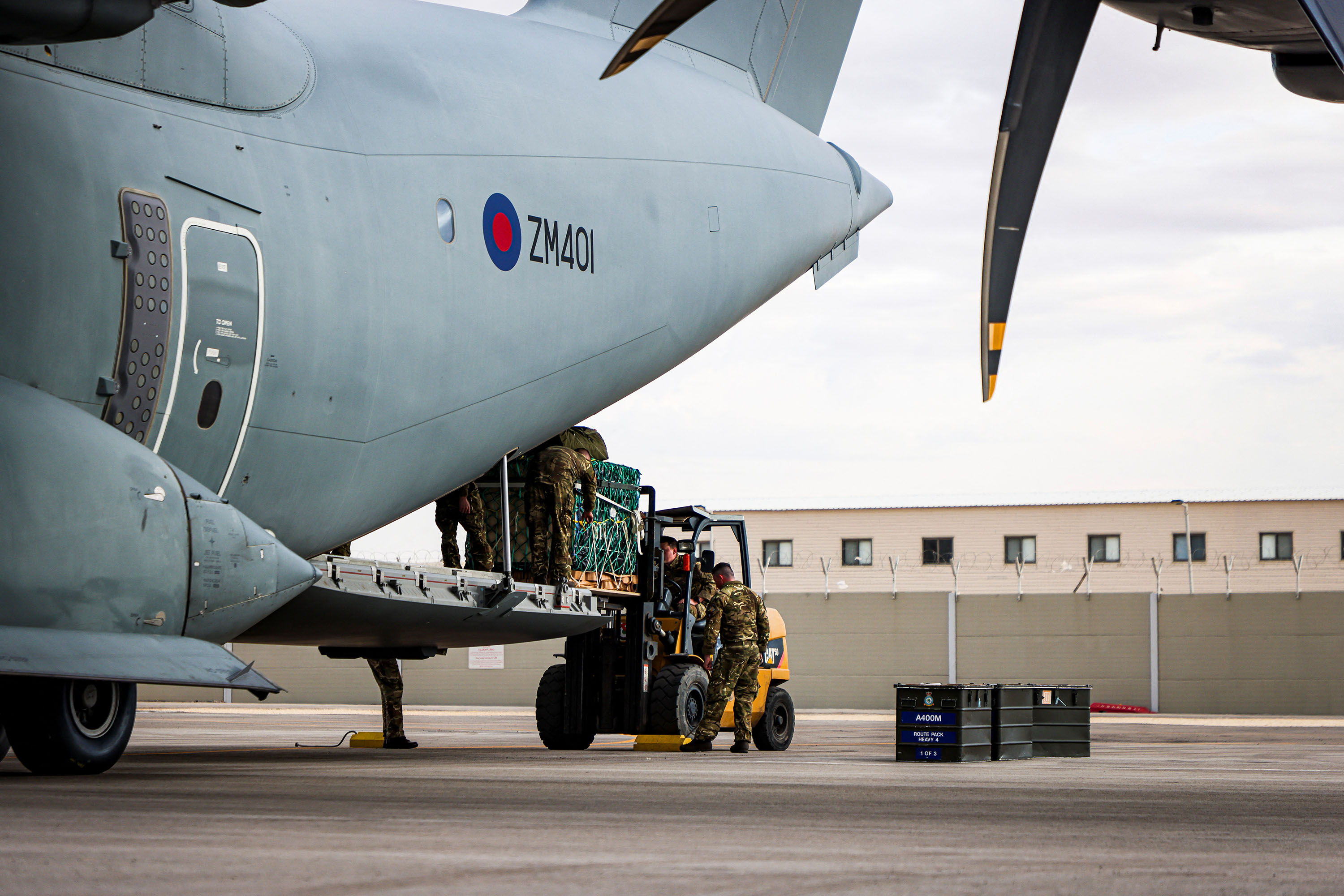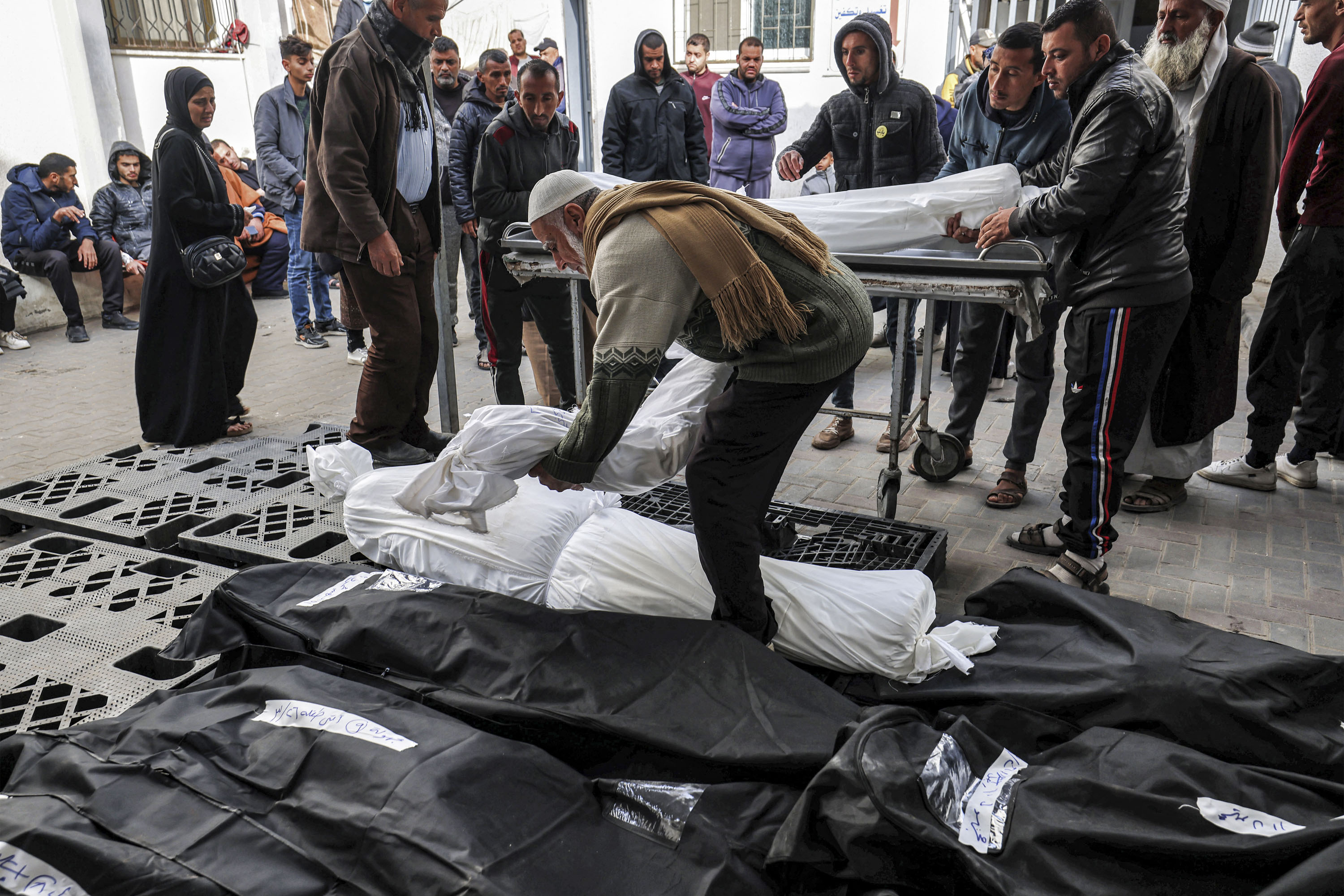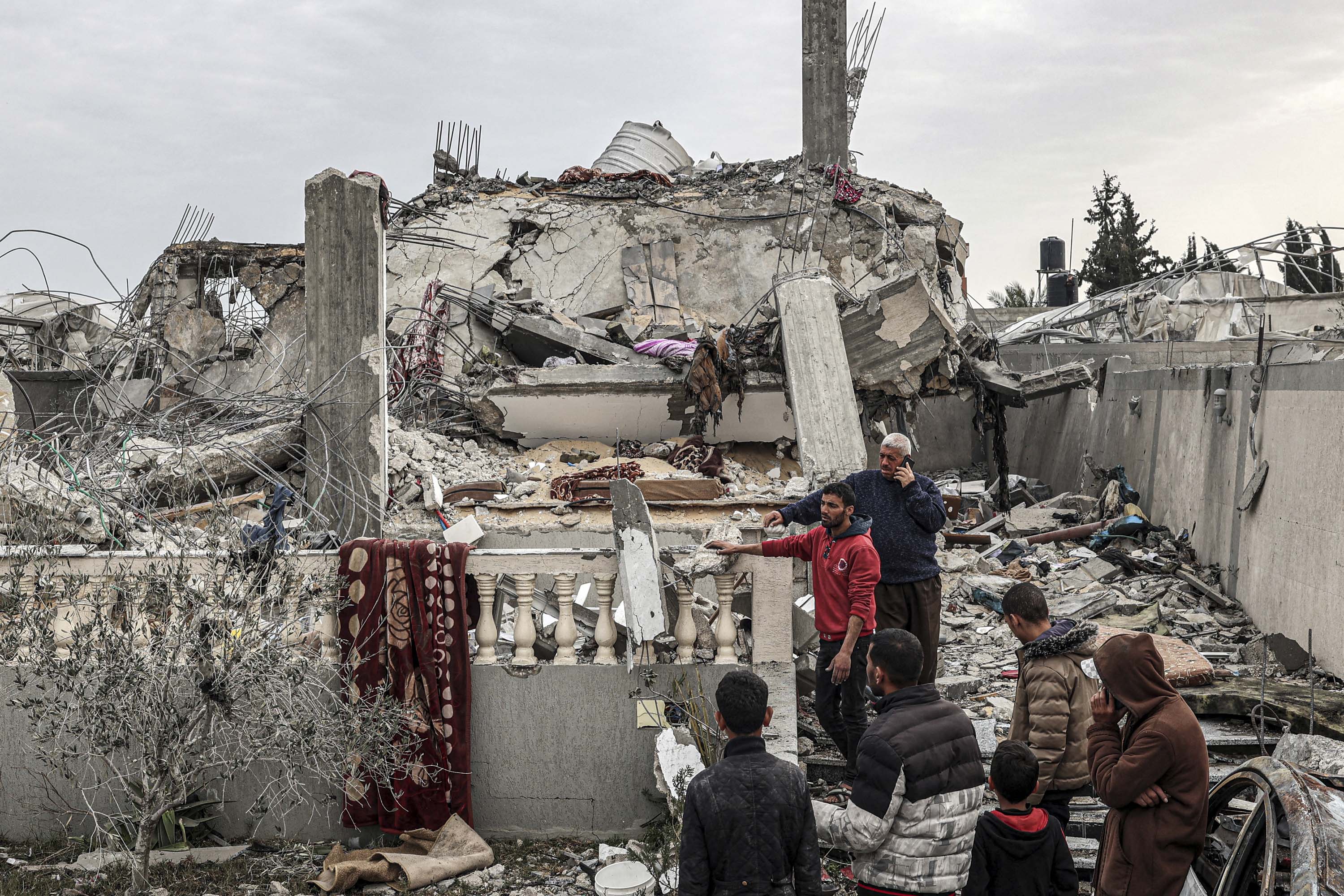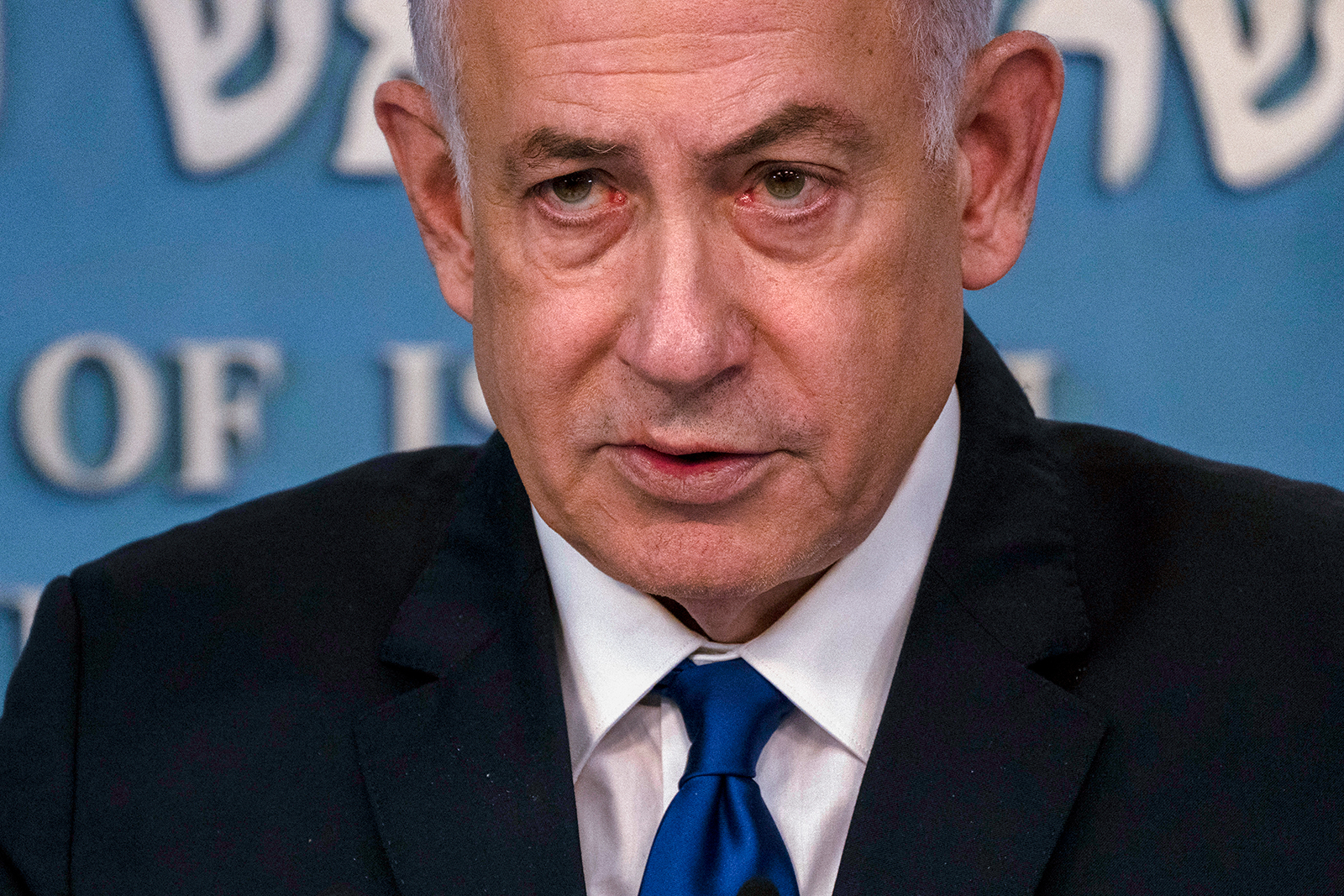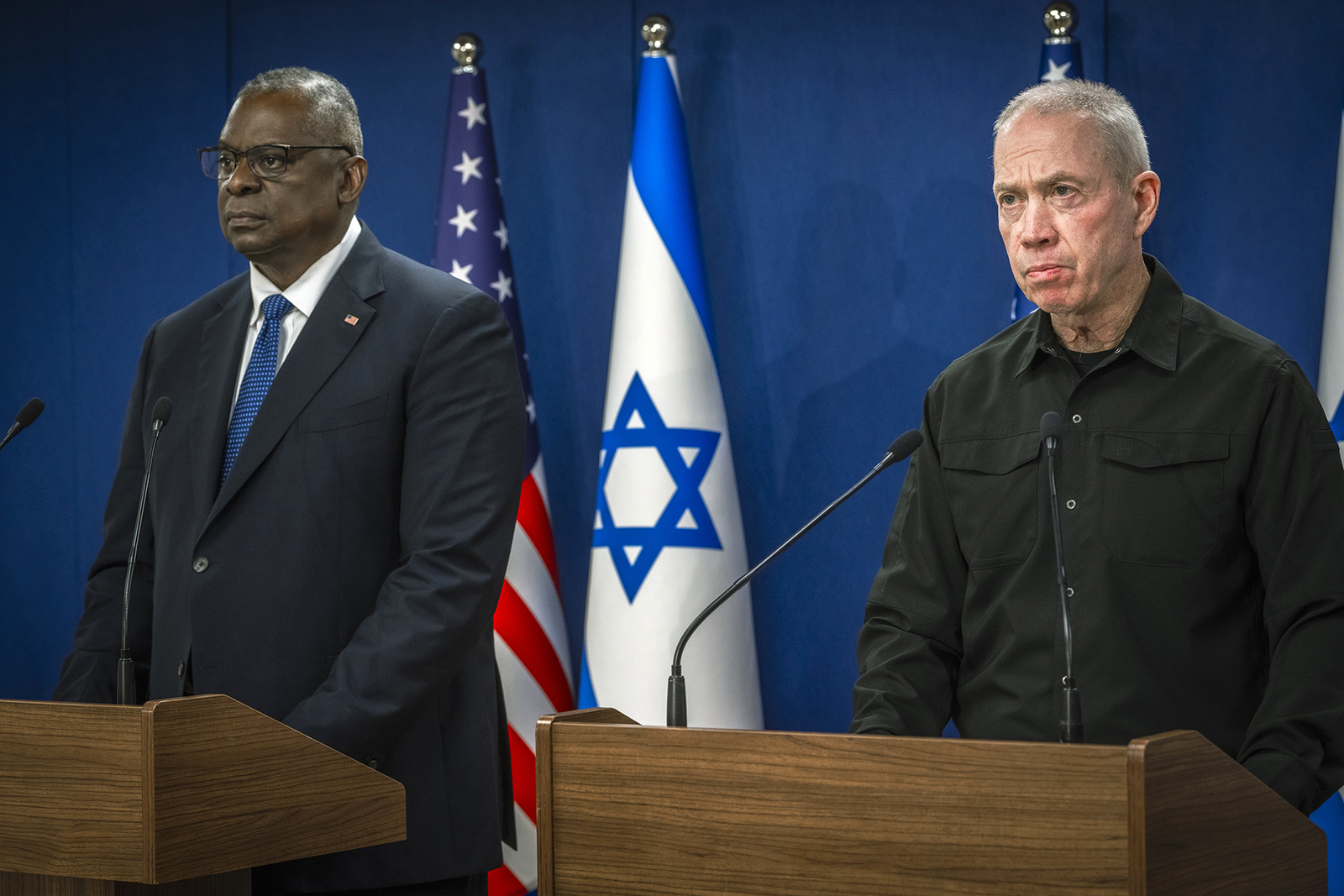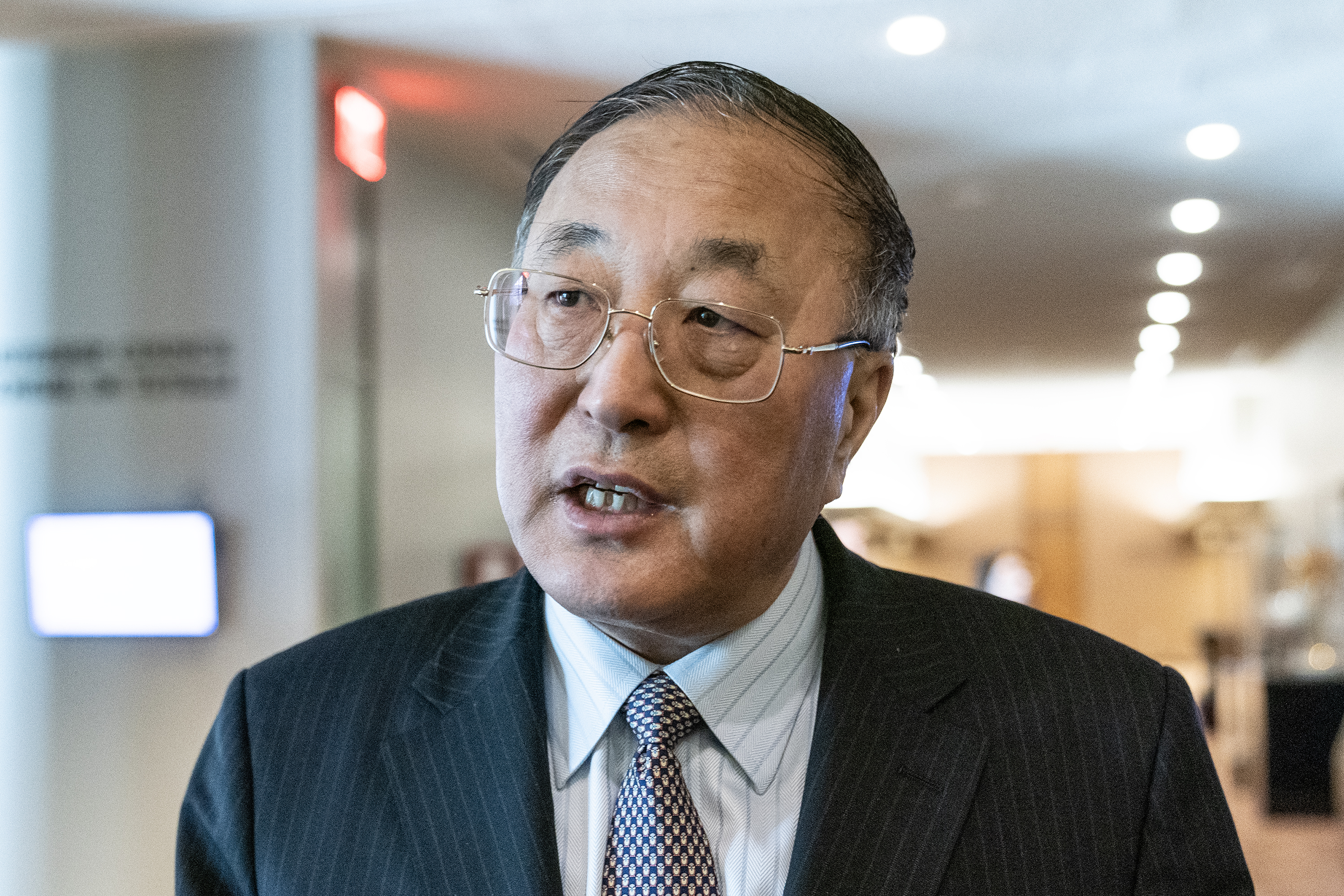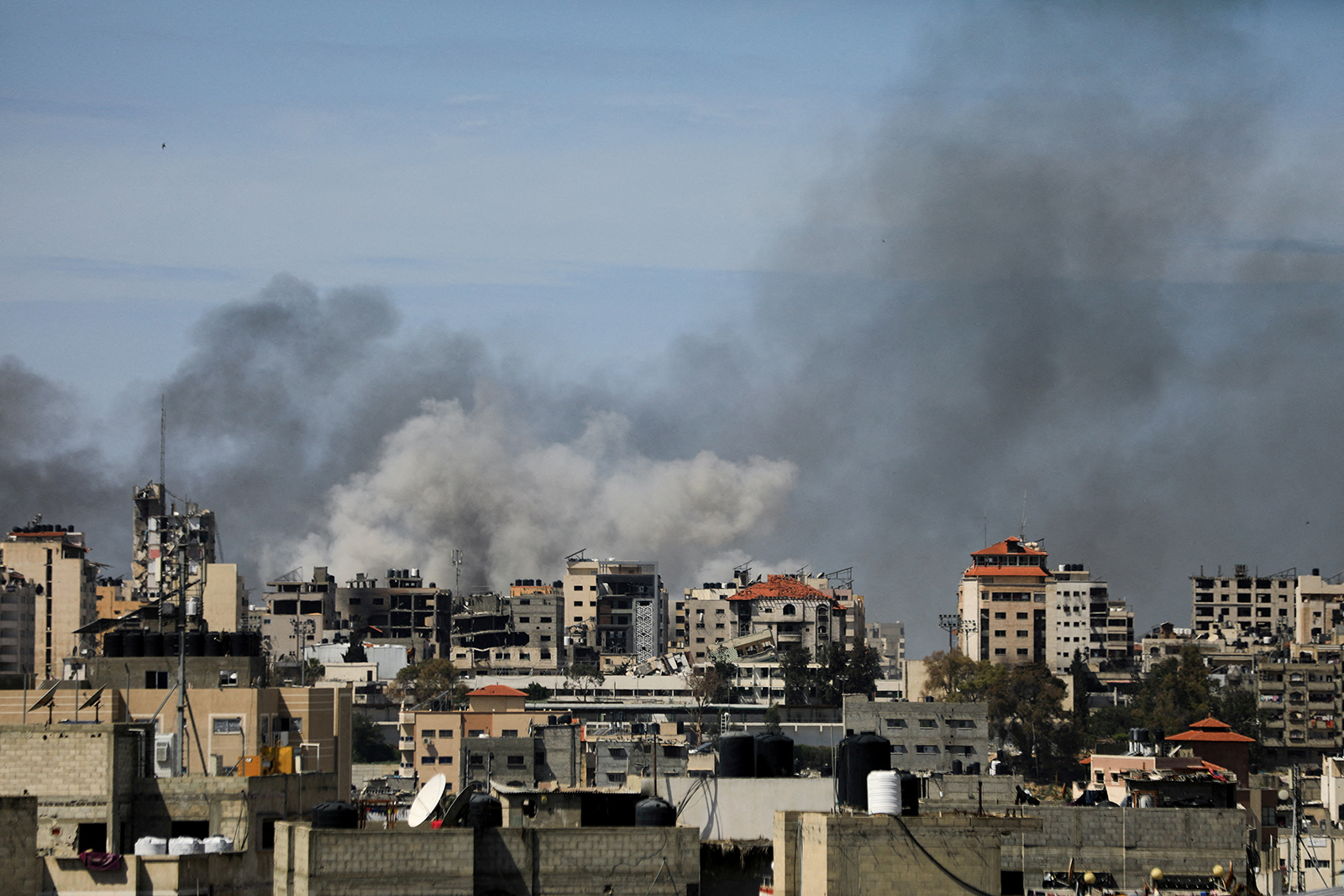The Al Amal Hospital in Khan Younis, in southern Gaza is "out of service" after the Israeli military forced medical staff to evacuate the facility, Palestine Red Crescent Society (PRCS) warned on Tuesday.
“The occupation forces forced the hospital teams to evacuate and closed its entrances with earthen barriers,” the organization said in a statement on X.
At least 27 PRCS staff and six patients were evacuated from the hospital, with help from the United Nations Office for Humanitarian Affairs. The bodies of two people who had been killed inside the hospital were included in the evacuation.
The Israel Defense Forces (IDF) said “troops are continuing to conduct operational activity in the areas of Al Amal and Al-Qarara, eliminating terrorists and carrying out targeted raids on terrorist infrastructure,” on Tuesday.
CNN cannot independently verify the IDF's statement.
Israeli forces wounded displaced people sheltering at the hospital, who later died, the PRCS said on Sunday.
Remember: Hospitals are protected civilian objects under international humanitarian law. It is illegal, with few exceptions, to attack hospitals. A hospital can lose its special protected status only if it is used by an armed group for acts that are “harmful to the enemy.”
But, even if a hospital loses its special status, the wounded and sick inside are still protected by the principle of proportionality. A warning must be given, and time for safe evacuation, before carrying out an attack.
